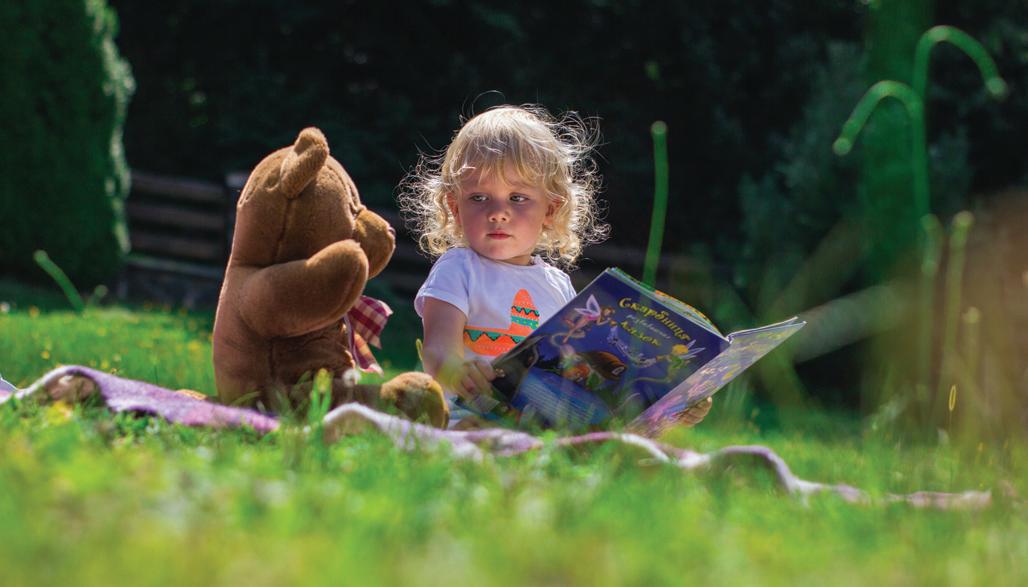
2 minute read
Family
Believe It or Not: Lockdown Improved Relationships
You may disagree, but a study suggests that lockdown strengthened many parent’s relationships with their children. Research by the University of Essex found that around a quarter of parents reported that their relationship with their children had improved during the government’s stay-at-home policy. Less than 5% said it got worse. The results are based on research for the Understanding Society Covid-19 survey, a nationally representative study that collected data from 5,500 parents. Many parents who said they had closer relationships with their children had helped out with home schooling. Nearly 40% of parents who reduced their work hours to look after their children said their relationships had improved. Only 6% said their relationships had become worse. However, fewer lone mothers reported an improvement in their relationships, and slightly more said they had become worse.
Advertisement
More info: www.understandingsociety.ac.uk Creation of Imaginary Worlds More Common Children are far more likely to create imaginary worlds than previously believed, according to new research. A University of Oregon study found 17% of children ages 8 to 12 invented imaginary worlds in detail, with many sharing their creations with friends, who added complexity. While varying widely in content, all imaginary worlds included details about an environment (eg: forests, lakes, caves), the inhabitants (eg: bandits, goblins, animals) and mystical components, such as a fountain that sprayed honey. The author, Professor Marjorie Taylor says: “We can be really impressed by the creativity of children left to their own devices. It is important to give them some time free of a schedule because they will come up with things that they really enjoy and will share with others.” More info: https://around.uoregon.edu/content/uostudy-fi nds-healthy-creativity-kids-imaginary-worlds https://srcd.onlinelibrary.wiley.com/doi/10.1111/ cdev.13162
Most Children Sleep with Mobile Phone
Children are getting mobiles at an earlier age, with most now having their own phone by 7 years of age, according to an annual survey by Childwise, a leading specialist in research with children and young people. The survey, based on interviews with 2,200 children in the UK ages 5 to 16, shows signifi cant changes in the role of the mobile phone in young lives. Mobile phone ownership is up - it is now the top device for children to access online content - and the average time spent on mobiles by children ages 7 to 16 is three hours and twenty minutes per day. Of concern, 57% of children always have the phone beside their bed and 44% feel “uncomfortable” if they are without a phone signal. 42% say they keep their phone on them at all times and never turn it off .

More info: www.childwise.co.uk
Need help getting the mortgage deal that's right for you?
Call Oliver today to get started


Remortgages First-time buyers Homemovers Buy-to-let Protection
YOUR PROPERTY MAY BE REPOSSESSED IF YOU DO NOT KEEP UP
REPAYMENTS ON YOUR MORTGAGE. SOME BUY TO LET MORTGAGES ARE NOT REGULATED BY THE FINANCIAL CONDUCT AUTHORITY.
OJB Mortgage Solutions is a trading name of Just Mortgages Direct Ltd, which is an appointed representative of Openwork Ltd whic is authorised and regulated by the Financial Conduct Authority. 07891 409 474 oliver@ojbmortgagesolutions.co.uk www.initialmortgagesolutions.co.uk







